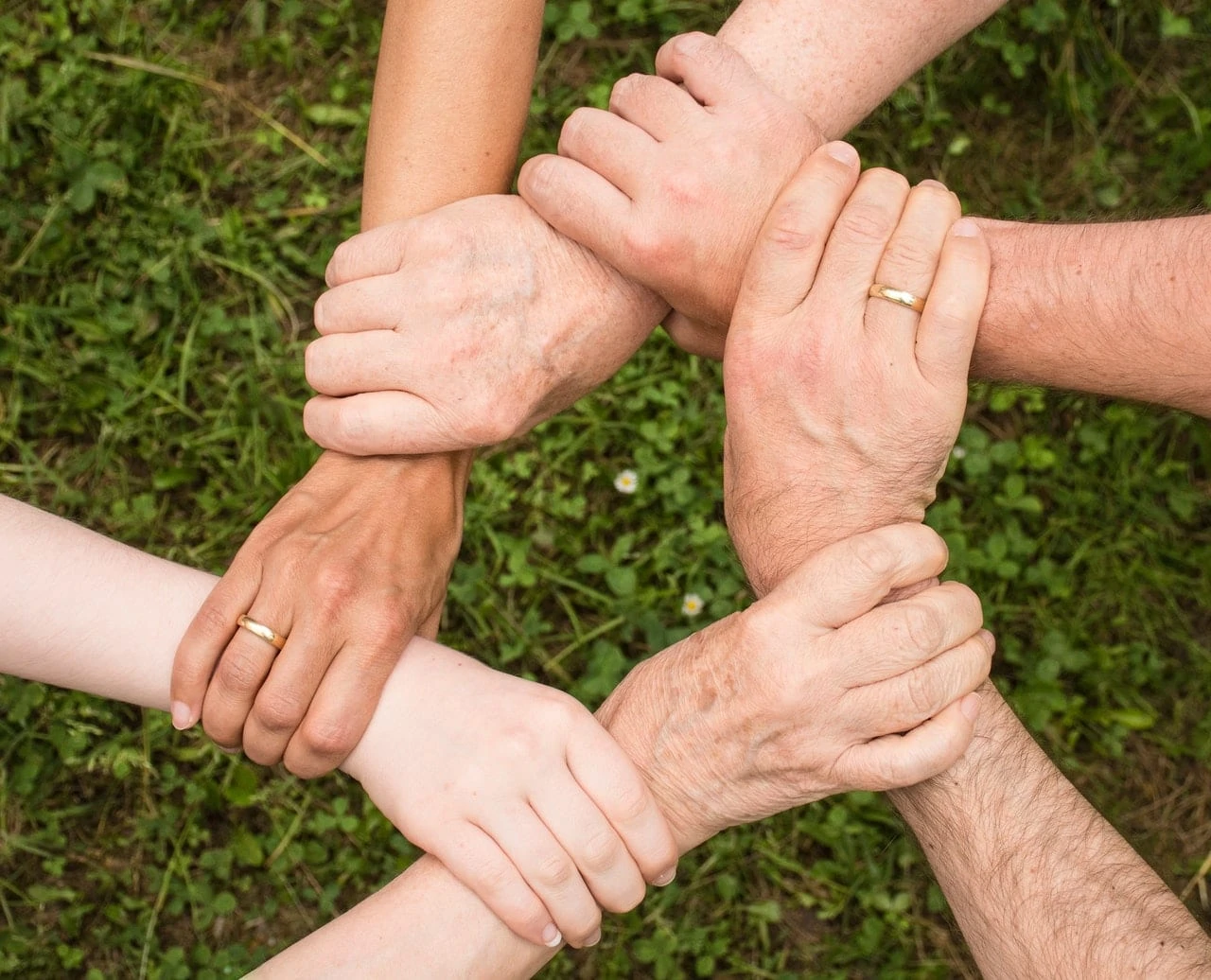
North Carolina Opioid Summit Focused On Community and Addiction
North Carolina leaders, including Governor Roy Cooper and NCDHHS Secretary Mandy Cohen, recently spoke at this year’s 2021 Opioid Misuse and Overdose Prevention Summit online. The event was hosted by the NCDHHS Division of Mental Health, Developmental Disabilities, and Substance Abuse Services.
During the conference, health officials revealed that opioid deaths in North Carolina, like much of the country, are up significantly this year and throughout the pandemic.
Government leaders and community members had the virtual conference to hold conversations about the role North Carolina’s communities play in prevention and response efforts. Over 30 sessions addressed the history of drug abuse and public health interventions, including the failed drug war policies of the 1990s.
Creating Change in North Carolina
North Carolina has a history of inequity when it comes to addiction. Dr. Elyse Powell, the state opioid coordinator for the NCDHHS, told the conference is that almost 90 percent of people who need help for addiction never get treatment. This often creates an addiction-to-justice system pipeline.
The stigma against addiction still presents a significant barrier to treatment and empathy for addicted people in the South. Talking about substance addiction and how substance use disorder is a disease, not a moral weakness, is vital to helping modernize thinking with an understanding of addiction.
Community involvement can help address the more significant issues of treatment. Communities can also help address social inequities such as homelessness and multigenerational poverty. When communities become involved, they can help motivate the government to fund more treatment centers and programs.
Community Education and Understanding
Other sessions included information about addressing drug overdoses on a local level, harm reduction, and learning from the lived experiences of people in recovery in the community. These and other best practices were taught and discussed so that communities, healthcare workers, and people who work with addicted persons can help address addiction and inequities. In the South, there is work to be done to ensure a more equitable response to overdoses in traditionally overlooked and vulnerable communities.
Getting Help for Opioid Addiction
Do you or somebody you love have an opioid use disorder? Learn more about Medication-Assisted Treatment, a science-based treatment considered the "gold standard" of treatment. Call Solas Health today at (910) 295-7246 to schedule your free consultation.
If you are in need of help, please call us at: 910-295-7246 or message us.
Categories
Treatment
